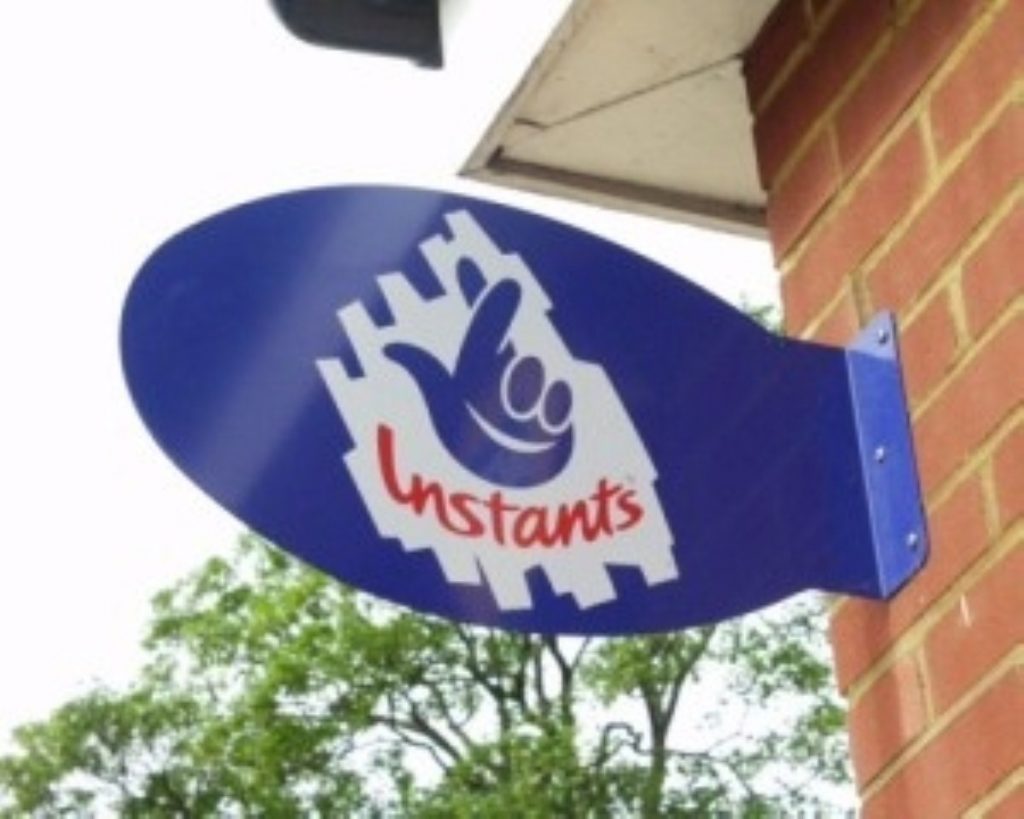Jowell unveils lottery shake-up
Camelot’s overarching control and operation of the National Lottery may come to an end in 2009 if the Government decides to “democratise” the licence for its different games and permits other firms to sell tickets.
Culture Secretary Tessa Jowell’s suggestion comes as part of wide-ranging proposals on the future of the lottery published in a White Paper today.
The White Paper also moots plans to allow the public to have greater input on which good causes benefit from the monies raised.
And a new Young People’s Fund will be established, which will set aside £200m for projects focusing on disadvantaged groups.


Further, Ms Jowell announced the establishment of a National Lottery Day and a single brand on all lottery funded projects “to make people more aware of where the money they have spent on tickets has been allocated”.
The Government is keen to stem the tide of declining sales. Ticket sales have dropped severely in the past year, now standing at £3.4 billion.
The Culture Secretary said: ‘There are two great principles that should never change about the Lottery. The first is that it should have the flexibility to lead not to follow trends: to act as the venture capital for communities, giving people and communities who cannot access the more orthodox financial routes a chance.
‘The second principle is, simply, remember who we work for. The public’s confidence in the lottery will only be rebuilt if they know that their money is spent in a way they understand, in real consultation with them.
She said that the proposals represented “the biggest overhaul of the Lottery since its inception” almost a decade ago.
Other major changes proposed in the decision documents include the use of local referendums, together with citizens’ juries, to consult communities about particular allocation decisions.
And the Community Fund and New Opportunities Fund are to merge, creating a distributor controlling 50% of money intended for good causes.
They have been charged by the minister with being “risk adverse.” She wants them to halve the £3.1 billion presently held in reserve.
The chair of lottery operator Camelot welcomed the plans to give lottery players greater say over how their money is allocated to good causes.
However, charity organisations have expressed concern that too great a contribution from the public as to where the money should be allocated could lead to lower profile or potentially unpopular causes missing out.
‘Anything that stimulates the transparency with our players as to where their money is going and giving them a say in where some of it is spent has to be good news for our players’, Michael Grade told Sky News.
As for the suggestion of increased competition, Mr Grade insisted that Camelot – whose current licence runs out in 2009 – was at the ‘beginning of a very long debate’.
‘We are not afraid of competition, and we have won two licences in succession in the face of very, very strong competition’.
He added: ‘It is right that the Government should want to see competition and ensure competition. The devil will be in the detail, and we will take some time to look at the proposals in some detail’.
Camelot has held the licence for the Lottery since its launch in 1994.
Explaining her decision to consider broadening the licence remit, Mr Jowell stated: “What we want to avoid is getting to a position where in about 2007 negotiations will open for the tendering of the new licence to find that there’s nobody else in the field.”
“Camelot will be there to bid for part of the new licence, they will be perfectly free to do that and I’d like to pay tribute to the effort that Camelot have made to maintain ticket sales and run the Lottery in the way that they have.”
“We are concerned about lack of competition and that’s why we want to diversify and break the Lottery up into more component parts.”
Around 1,500 lucky punters have become millionaires since the lottery started.












